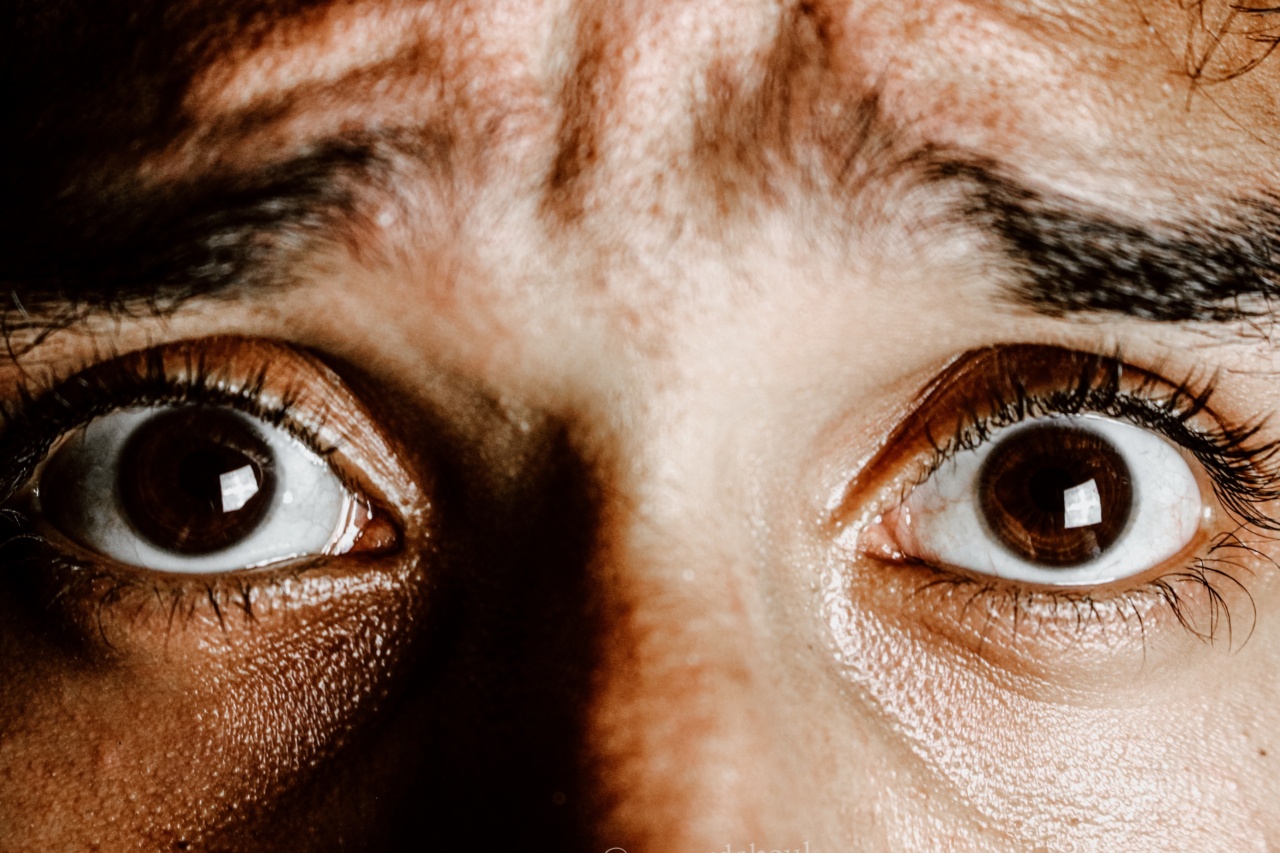Have you ever noticed that when you’re feeling anxious or on the verge of a panic attack, your breathing becomes rapid and shallow? This is because our bodies have a natural “fight-or-flight” response to stressful situations, and one of the symptoms is changes in our breathing patterns. However, sometimes our breathing becomes inappropriate, which can exacerbate our anxiety and even trigger panic attacks.
What is inappropriate breathing?
Inappropriate breathing (also known as dysfunctional breathing) occurs when we breathe in a way that is not optimal for our body’s needs. This can manifest in a variety of ways, including:.
- Rapid and shallow breaths
- Breathing through the mouth rather than the nose
- Using the chest muscles rather than the diaphragm to breathe
- Holding our breath or breathing too deeply
When we breathe improperly, it can cause an imbalance in the levels of oxygen and carbon dioxide in our blood, leading to symptoms such as dizziness, headaches, and even panic attacks.
How does inappropriate breathing contribute to anxiety?
When we’re feeling anxious, our bodies go into “fight-or-flight” mode, which is a natural response to perceived danger.
This response causes a surge of adrenaline, which increases our heart rate, raises our blood pressure, and prepares us to either fight or flee.
One of the symptoms of this response is changes in our breathing patterns. We begin to breathe more rapidly and shallower, which can cause a drop in carbon dioxide levels in our blood.
This drop can cause symptoms such as dizziness, tingling in the fingers and toes, and feelings of unreality. In some cases, it can even trigger a panic attack.
However, when we breathe in an inappropriate manner, it can exacerbate these symptoms.
For example, if we breathe through our mouth instead of our nose, we’re not filtering out allergens and pollutants like we should, which can lead to respiratory issues and worsen anxiety symptoms. If we’re using our chest muscles to breathe instead of our diaphragm, we’re not taking in air as efficiently, which can cause us to feel like we’re not getting enough oxygen, even if we are.
All of these factors can contribute to an overall feeling of anxiety, which can make it harder to manage our breathing and exacerbate the symptoms of a panic attack.
How can we manage our breathing to reduce anxiety?
The first step in managing our breathing is to become aware of how we’re breathing. Pay attention to your breath throughout the day, and notice any changes in your breathing patterns when you’re feeling anxious or stressed.
Once you’re aware of your breathing patterns, you can begin to train yourself to breathe in an appropriate manner. This can include:.
- Breathing through your nose instead of your mouth
- Using your diaphragm to breathe rather than your chest muscles
- Taking slow, deep breaths
- Lengthening your exhalations
- Practicing breathing exercises such as meditation or yoga
All of these techniques can help reduce anxiety by restoring balance to our breathing and increasing the levels of oxygen and carbon dioxide in our blood.
When to seek help
If you’re experiencing significant anxiety or panic attacks, it may be a good idea to seek professional help.
A mental health professional can help you identify the underlying causes of your anxiety and provide you with tools and techniques for managing it.
In some cases, inappropriate breathing may be a symptom of an underlying medical condition such as asthma or chronic obstructive pulmonary disease (COPD).
If you’re experiencing respiratory symptoms such as wheezing or shortness of breath, it’s important to see a doctor to rule out any underlying medical issues.
Conclusion
Inappropriate breathing can be a major contributor to anxiety and panic attacks. By becoming aware of our breathing patterns and learning to breathe in an appropriate manner, we can reduce our anxiety symptoms and improve our overall wellbeing.































